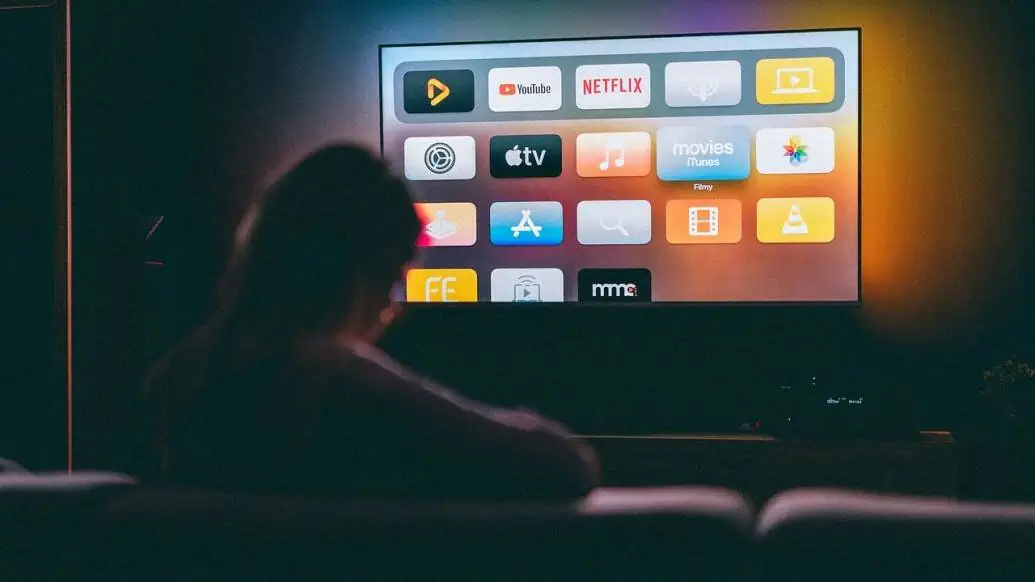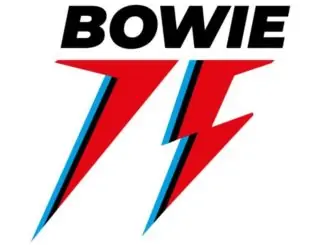
A draft media bill promising more British content on UK media has been published by the UK government’s Department for Culture, Media and Sport (DCMS). The principal aims of the bill are:
- To bring Netflix, Amazon Prime Video, Disney+ under new Ofcom rules and ensure public service broadcasters’ on-demand services are easy to discover on smart TVs and streaming sticks
- New reforms to guarantee access to UK radio on smart speakers and cut red tape on commercial stations
- Streaming services will be required to provide subtitles, audio description and signing to support people with disabilities
Additionally, Britain’s biggest broadcasters will get new privileges and freedoms to make more hit shows enabling them to better compete with global streaming giants.
New reforms are aimed at protecting the position of UK radio on smart speakers as listeners increasingly move away from AM and FM stations in favour of internet-based services. Smart speaker platforms – such as Google and Amazon – will be required by law to ensure access to all licenced UK radio stations, from major national stations to the smallest community stations. Platforms will be banned from charging stations for being hosted on their services or overlaying their own adverts over the top of those stations’ programmes.
The Bill will also reduce regulatory burdens on commercial radio stations, relaxing content and format requirements developed in the 1980s which tie them to commitments to broadcast particular genres of music or to particular age groups. The new regime will give stations more flexibility to update or adapt their services without needing consent from Ofcom. The reduced bureaucracy these changes will deliver could save the radio industry up to £1 million per year.
TV-focused measures include bringing mainstream video-on-demand (VoD) services consumed in the UK – such as Netflix and Disney+ – under a new Ofcom content code, to protect audiences from a wider range of harmful material – such as misleading health claims. The latest research from Ofcom indicates that traditional ‘linear’ TV viewing – where viewers watch programmes broadcast at a scheduled time usually via terrestrial or satellite – is down more than 25% since 2011, and 68% among 16-24s.
The draft Bill includes action to ensure video on demand viewers can more easily discover public service broadcast services such as BBC iPlayer and ITVX on smart TVs, set-top boxes and streaming sticks. It also includes new rules to make video on demand content more accessible to those with seeing and hearing impairments.
The new laws will introduce simpler, more flexible rules on what TV programmes public service broadcasters are required to show, meaning these broadcasters – who commission around £1.2 Bn in programming each year, with almost all of it spent in the UK – will be better equipped to adapt to changing viewer habits as people increasingly watch TV on digital devices instead of traditional ‘linear’ TV.
The draft media bill can be obtained from here.




